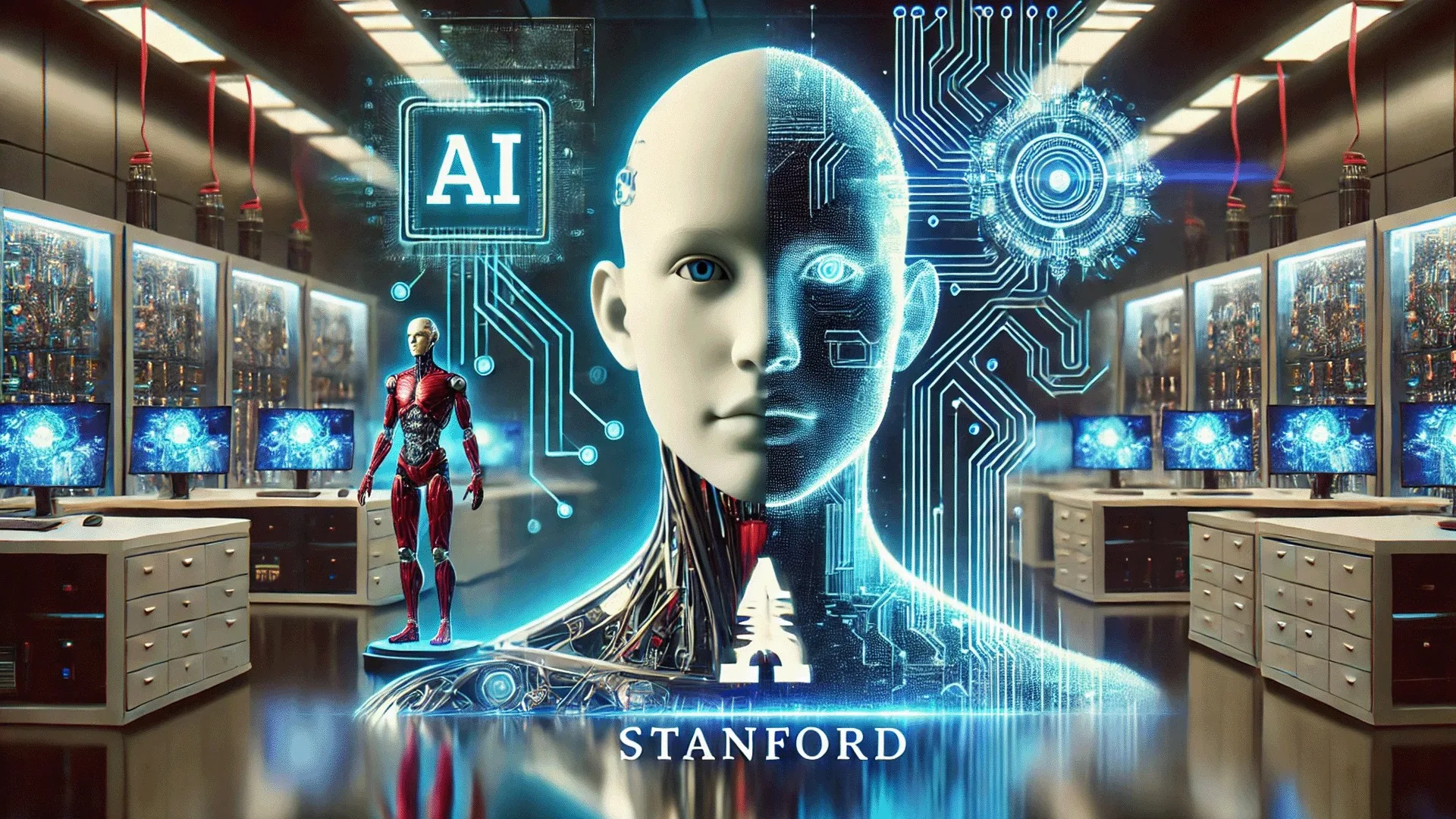Artificial intelligence has made leaps and bounds in recent years, but a groundbreaking paper from Stanford University has redefined our understandi
Artificial intelligence has made leaps and bounds in recent years, but a groundbreaking paper from Stanford University has redefined our understanding of what AI agents can achieve in a simulated environment. Last year, Stanford researchers introduced us to generative agents, autonomous AI entities powered by large language models like GPT, capable of forming relationships, building memories, and developing nuanced personalities. This study showcased a future where video games, simulations, and societal experiments could feature NPCs (non-playable characters) with dynamic, realistic behavior.
Now, the same research team has unveiled an even more ambitious project—integrating real human personalities into these AI agents. This advancement blurs the lines between artificial and human cognition, promising revolutionary applications in simulation technology, social sciences, and beyond. Let’s dive into what this new research means and how it could change the future.
A Recap of the Original Study: Generative Agents in Simulated Societies
In the 2023 paper Generative Agents: Interactive Simulacra of Human Behavior, Stanford researchers demonstrated how AI agents, equipped with basic backstories, could organically develop personalities, relationships, and even memories over time. These agents interacted within a digital world, where they exhibited behavior strikingly similar to real humans. For instance:
- Agents formed friendships based on shared interests.
- Memories influenced their actions, allowing them to respond authentically to past interactions.
- They even planned social events like a birthday party, where not only did guests attend, but those guests invited others, creating a cascade of social dynamics.
This initial study proved that AI agents could simulate human-like interactions in a controlled environment. However, these agents were generic—they started with limited memory and no personalized data. The researchers wondered: What if we gave these agents a real human’s personality, thoughts, and behavioral tendencies?
The New Study: Generative Agents with Real Human Personalities
Stanford’s latest paper, Generative Agent Simulations of 1,000 People, takes the concept of AI agents to the next level. Here’s how they did it:
1. Extracting Human Personalities
To simulate real human personalities, the researchers conducted two-hour-long interviews with over 1,000 participants. These interviews covered:
- Life stories: Personal histories, major life events, education, and relationships.
- Opinions on societal issues: Views on race, politics, and current events.
- Behavioral tendencies: Responses to scenarios like trust games, public goods games, and more.
Rather than relying on simple surveys, the interviews were semi-structured. This allowed participants to elaborate on their thoughts while enabling AI interviewers to ask dynamic follow-up questions tailored to the responses.
2. Converting Interviews into AI Memories
The transcribed interviews were used to create memory banks for each agent. These memory banks served as the foundation for the agents’ behaviors, mimicking how real humans use past experiences to inform decisions.
For example:
- An agent modeled after an individual with a cautious personality might hesitate to take risks in simulated decision-making scenarios.
- Agents with a history of strong social connections exhibited similar tendencies in the digital world.
3. Testing Personality Fidelity
The researchers evaluated the accuracy of these AI agents by comparing their simulated behavior to the real participants’ actions in follow-up tests, such as:
- The General Social Survey (GSS): Measuring opinions on various societal topics.
- The Big Five Personality Inventory: Assessing traits like openness, conscientiousness, extraversion, agreeableness, and neuroticism.
- Behavioral economic games, including the prisoner’s dilemma and public goods game.
The results were astounding:
- AI agents replicated participants’ responses on the GSS with 85% accuracy, comparable to how participants answered their own questions weeks later.
- On the Big Five personality test, the agents achieved a correlation score of 0.80, outperforming demographic-based models.
Send emails, automate marketing, monetize content – in one place
Applications and Implications
1. Revolutionizing Video Games and Virtual Worlds
Imagine a video game where every NPC:
- Remembers previous interactions with the player.
- Has a unique backstory and evolving personality.
- Acts independently, creating dynamic, unscripted gameplay.
This level of realism could lead to open-world games and simulations that feel truly alive, with NPCs adapting to the player’s choices in ways that mimic real-world consequences.
2. Enhancing Social Science Research
By creating simulations populated with agents modeled after real people, researchers can:
- Test societal changes without real-world consequences. For example, predicting how a new tax policy might affect different demographics.
- Develop nuanced theories about human behavior in complex systems.
3. Improving Organizational and Political Decision-Making
Simulated societies of realistic AI agents could be used to:
- Model the impact of institutional reforms.
- Explore the dynamics of political movements or corporate culture.
4. Addressing AI Bias
The study also tackled a critical concern: bias in AI models. AI systems often underperform for underrepresented populations due to a lack of training data. By using interviews to capture diverse human experiences, the researchers found that their interview-based agents were significantly less biased than demographic-based models.
How They Did It: Technical Insights
Dynamic Interviews with AI Assistance
Instead of manually conducting interviews, the researchers used AI interviewers capable of generating on-the-fly follow-up questions. This approach ensured richer, more accurate personality profiles compared to traditional survey methods.
Memory Integration
The AI agents weren’t static. They used advanced techniques like retrieval-augmented generation (RAG) to draw on both short-term and long-term memory when making decisions.
Reducing Linguistic Bias
To ensure the agents weren’t simply parroting linguistic patterns, the researchers tested summarized versions of the interviews. The results confirmed that the agents’ accuracy came from the richness of the knowledge, not just language quirks.
What’s Next?
The implications of this research are profound. As AI agents become more realistic, they could revolutionize industries like:
- Education: Personalized tutors modeled after real educators.
- Healthcare: Simulated patients for medical training or virtual therapists tailored to individual needs.
- Urban Planning: Testing new city layouts or infrastructure changes in realistic simulations.
However, these advancements also raise ethical questions:
- Privacy: How should personal data from interviews be protected?
- Consent: Should individuals have control over how their simulated counterparts are used?
The researchers acknowledge these concerns and emphasize the need for robust ethical frameworks as the technology advances.
Conclusion
Stanford’s latest breakthrough in AI agent simulation represents a monumental step forward in our understanding of artificial intelligence. By integrating real human personalities into generative agents, we can create digital worlds that mirror the complexity of real life. From video games to social science, the possibilities are endless—and the future is closer than we think.
Send emails, automate marketing, monetize content – in one place


